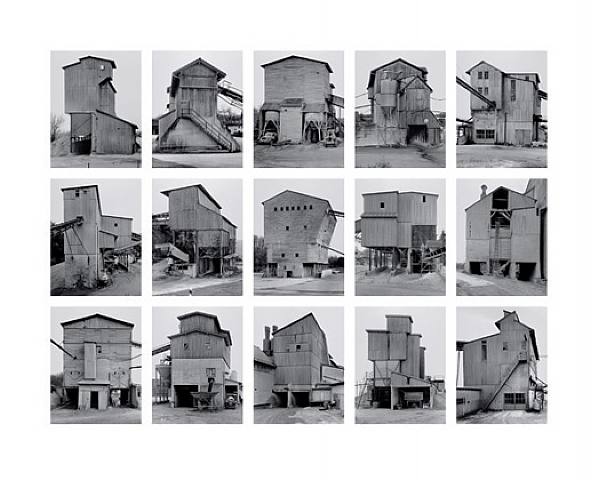There are traffic lights in Shanghai, and there are road lanes too. But one wonders why they even need it when no one follows them. The cars and bicycles do not stop for the red, and the people never care to wait for the green. There is a certain madness and chaos that goes on everyday on the roads of Shanghai, one that is different from New York, but I have yet to witness an accident. And so life goes on within this chaos, and the individual survives in a self-reliant way; it is Darwinism being played out on an everyday basis, and only the strong prevail.
Allow me to elaborate a little more. When one tries to cross a junction, and does so when the light is green, he will realize that the cars and bicycles continue to pass through, and in an unmerciful and obstinate way. Likewise, the pedestrains cross during the red light too, disregarding the traffic but only caring for their destination and their safety. As such, the people are really good at avoiding cars and crossing the road spontaneously whenever they see a chance, and the cars are also excellent at swerving through crowds of people and not causing any accidents. But one has to be forceful and aggressive in order to move forward on the road, because if you give way to others, no one will give way to you. I was once stuck at a zebra crossing for half an hour because none of the cars would stop for me, and i should have known since they don’t even stop for the red light.
This same principle is also observed in subway stations, especially in the morning and the weekends, when swarms of people rush into trains and into the bottleneck of escalators. If you’re not pushing your way through, you will never get into the train or get on the escalator, and people will just cut in front of you with no mercy. People in Shanghai walk really fast, and they charge through crowds; sometimes one thinks that the subway station is a good place for soccer or basketball dribbling practice because you have to learn to meander and cut through the gaps in order to proceed forward. It is again the same for hailing cabs, where people will cut the line or steal your cabs even if you came before them. Such is the way of life here, where everyone fends for himself, watches his own back, and somehow it works out.
But there is also a certain sense of selfishness that comes out of this, a self-preservation attitude that only cares about saving one’s own skin without care for others. It’s sort of a mentality that arises from a lack of resources, where if only 3 people out of 10 people are getting something, then I will make sure that I am one of the 3, and too bad for the other 7. Should people step back and try to access the situation from a larger perspective and say, hey we should worry about the other 7 too, and take care of those around us? I wonder. But perhaps China has always been a place where there is not enough of anything, and too much people, thus giving birth to this sort of self-centered attitude.
No wonder Chinese people rejected Han Fei Tse’s teachings of law and restrictions. No wonder Chinese people never liked rules and regulations. They hate being boxed in, hate having lines drawn. Whatever boundary that you might have, the Chinese have found a way to break it regardless, or go around it. It’s ironic when people say the Chinese lack creativity, because I think they actually have a capacity to overcome anything with their strong sense of survival and disregard for boundaries. And yet because the Chinese civilization is so stubborn and formidable, their government has always tried to tame them with standards, from the time of Qin Shihuang to the present of the Communist government. But try as they might, they have never fully controlled or contained this wilful spirit. And things will change even more now, with the introduction of the internet, as divisions are collapsed and new networks are formed, which is resulting in the loss of media control by the government.
